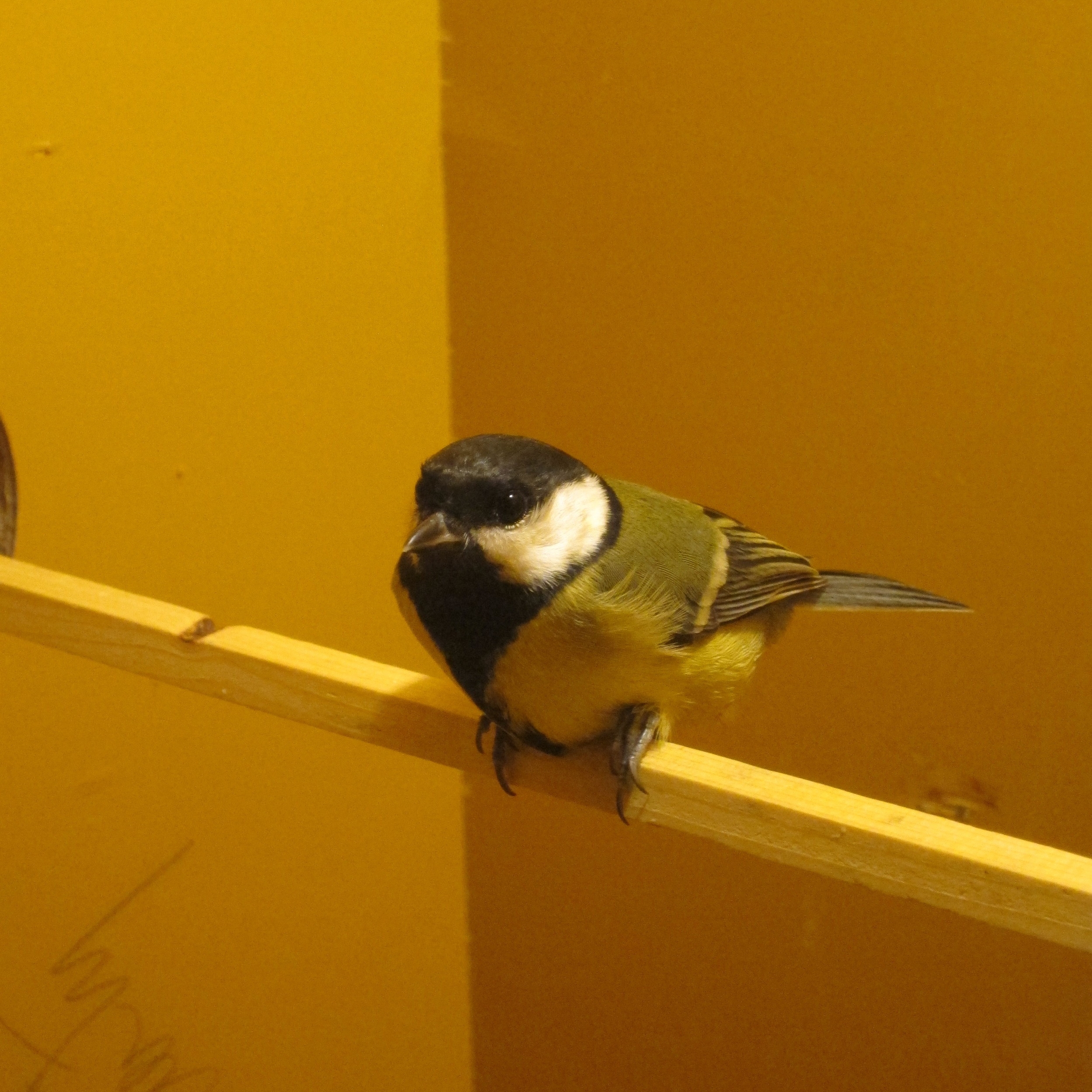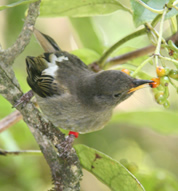Our research seeks to understand how animals acquire and use information, how this influences their fitness, and selection pressures experienced by others in their environment.
Animals gather information from two main sources: personal experience ('personal information') and by observing the actions of others ('social information'). We are interested in why and when each of these types of information is used, whether one is favoured over the other, or if information is instead combined. The way an individual uses information may have implications for others in their community - if they use social information, knowledge about local conditions comes from a wider network of individuals. Or, if information is passed on with error, this could affect evolutionary outcomes for the 'third party' - the prey being eaten, or the brood parasite attempting to lay its egg.
Brood Parasites & their hosts
We study cuckoos and their hosts using field experiments.
Predators & their prey
We use great tits as our model predators to conduct experiments in captivity and the wild.
Information for conservation
We apply information ecology theory to understand how we can best help populations persist.




